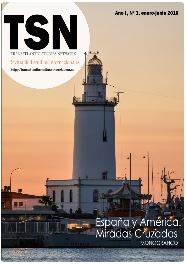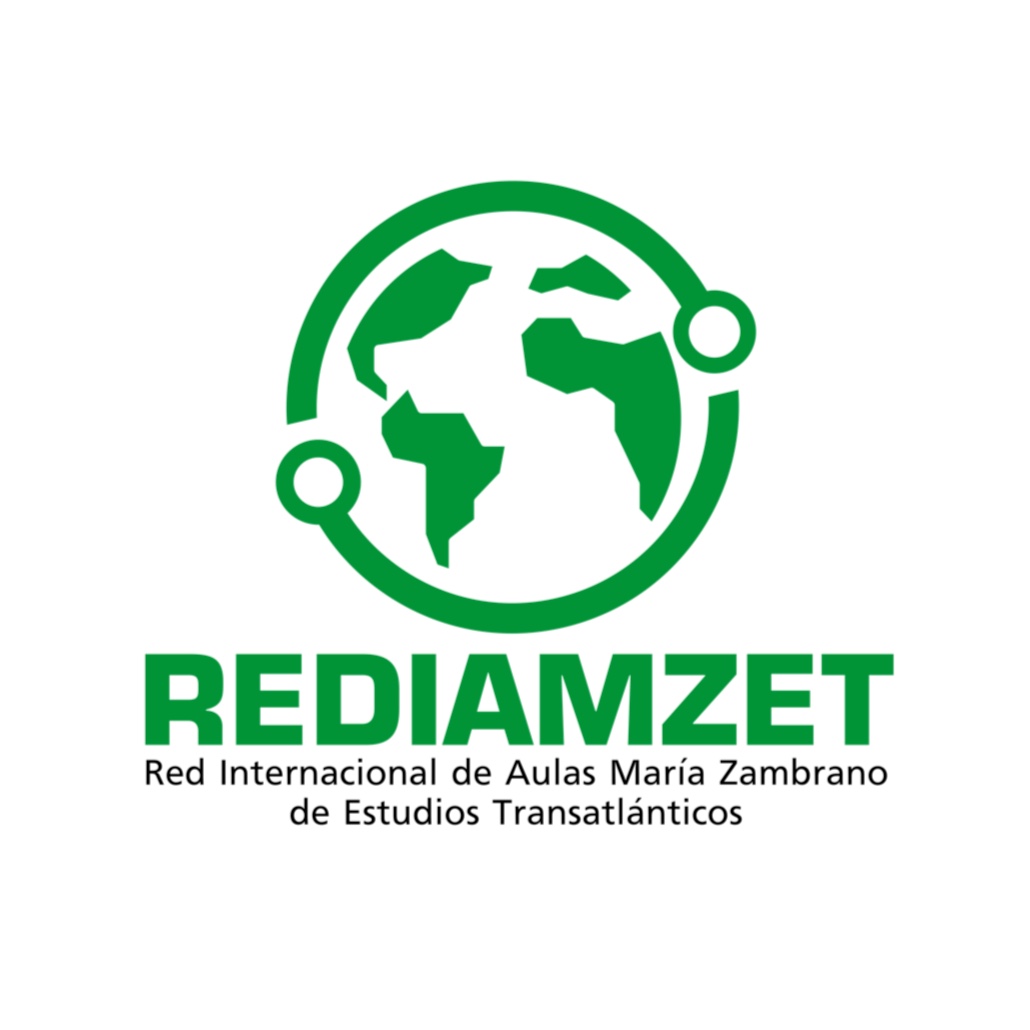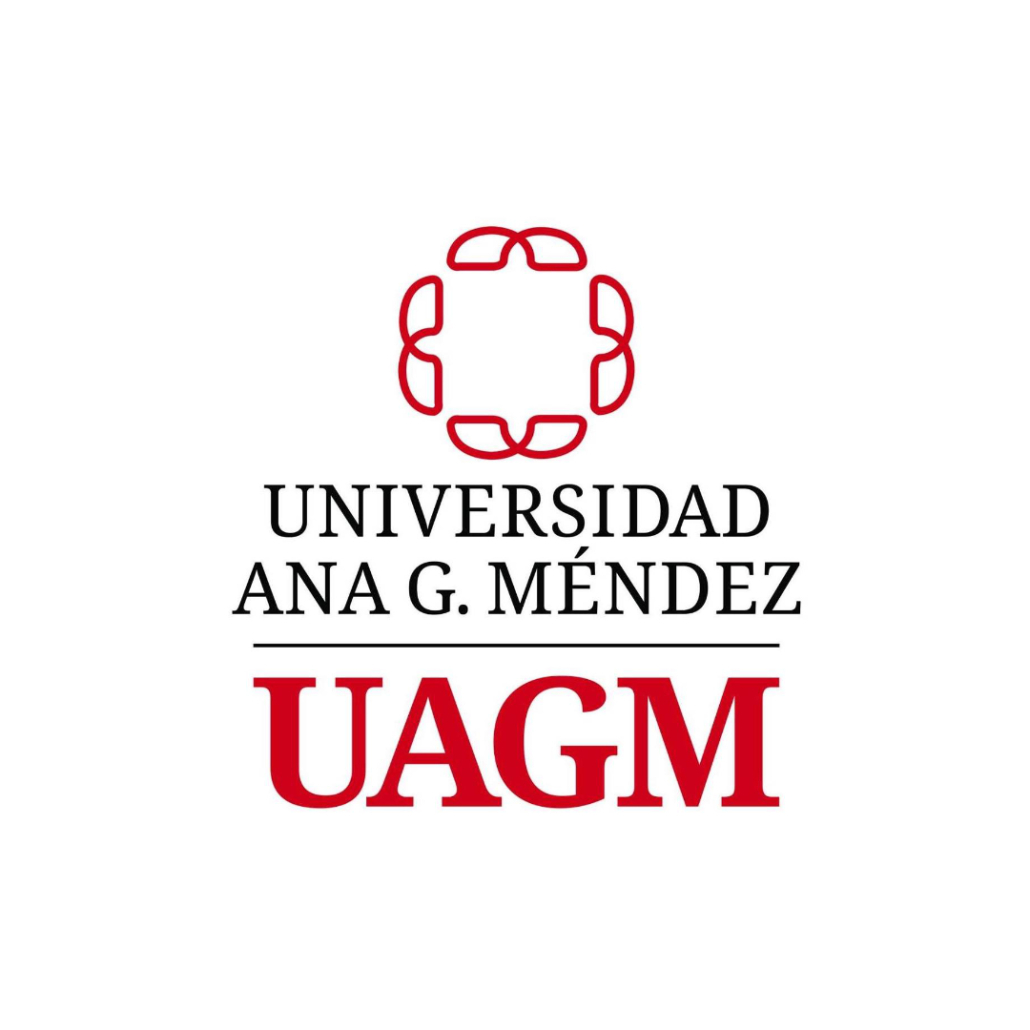Transatlantic Economy relations and its development with the Transatlantic Trade and Investment Partnership
DOI:
https://doi.org/10.24310/tsn.1.2016.19128Keywords:
Trade, preferential trade agreements, liberalization, economic integrationAbstract
The European Commission negotiates the Transatlantic Trade and Investment Partnership with the representatives of the United States of America. It is expected that this agreement will boost the economic growth and employment on both sides of the Atlantic because of increasing trade opportunities for companies. The process is highly controversial although negotiators ensure the protection of social and environmental interests.
Downloads
Metrics
References
Balassa, B. (2013). The Theory of Economic Integration (Routledge Revivals). Routledge.
Campano, F., Laureti, L., y Salvatore, D. (2015). Perspectives on Growth, Trade, and Social Agenda Expenditures in the Eurozone Duringthe Rest of this Decade, With and Without the EU-US Transatlantic Trade and Investment Partnership (TTIP). En Achieving Dynamism in an Anaemic Europe, 1-11. Springer International Publishing.
European Union Council, (2013). Directives for the negotiation on the Transatlantic Trade and Investment Partnership between the European Union and the United States of America. Doc, 11103, 13-17.
Felbermayr, G. J., y Larch, M. (2013). The transatlantic trade and investment partnership (TTIP): Potentials, problems and perspectives. En CESifo Forum, vol. 14, 2, (p.49). Institut für Wirtschaftsforschung (Ifo).
Felbermayr, G., Kohler, W., Aichele, R., Klee, G., y Yalcin, E. (2015). Mögliche Auswirkungen der Transatlantischen Handels-und Investitionspartnerschaft (TTIP) auf Entwicklungs-und Schwellenländer. ifo Forschungsberichte.
Fujita, M., y Thisse, J. F. (2013). Economics of agglomeration: cities, industriallocation, and globalization. Cambridge university press.
Hamilton, D., y Blockmans, S. (2015). The Geostrategic Implications of TTIP. CEPS Special Report, 105/April 2015.
Hufbauer, G. C., y Cimino-Isaacs, C. (2015). How will TPP and TTIP Change the WTO System?. Journal of International Economic Law.
Pelkmans, J., Lejour, A., Schrefler, L., Mustilli, F., y Timini, J. (2014). The Impact of TTIP: The underlying economic model and comparisons. CEPS Special Report, 93/13 October 2014. [TTIP Series No. 1].
Reynoso, A., et alia (2011). Informe sobre el comercio mundial 2011: la OMC y los acuerdos comerciales preferenciales: de la coexistencia a la coherencia (No. E71-291). OMC, Ginebra (Suiza).
Schwartz, P. (2013). El deseado Acuerdo Transatlántico sobre Comercio e Inversión: un buen proyecto difícil de llevar a buen puerto. Información Comercial Española, ICE: Revista de economía 875, 39-50.
Wang, P. (2015). On the Design of Appellate Mechanism in International Investment Arbitration: The Case of TTIP Negotiation. International Economics and Trade Research, 31 (5).
Downloads
Published
How to Cite
Issue
Section
License
Copyright (c) 2024 TSN. Transatlantic Studies Network

This work is licensed under a Creative Commons Attribution-NonCommercial-ShareAlike 4.0 International License.



























